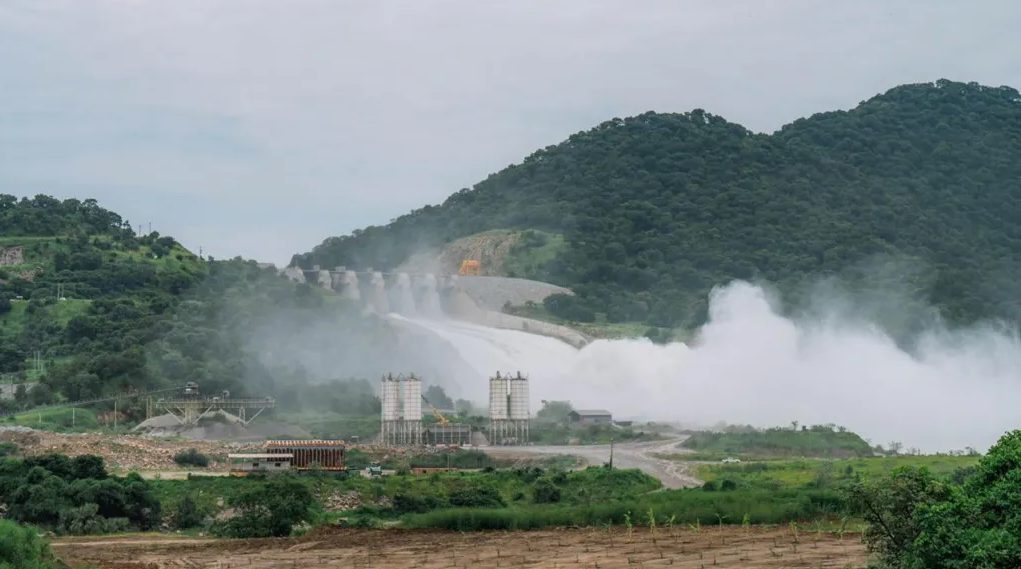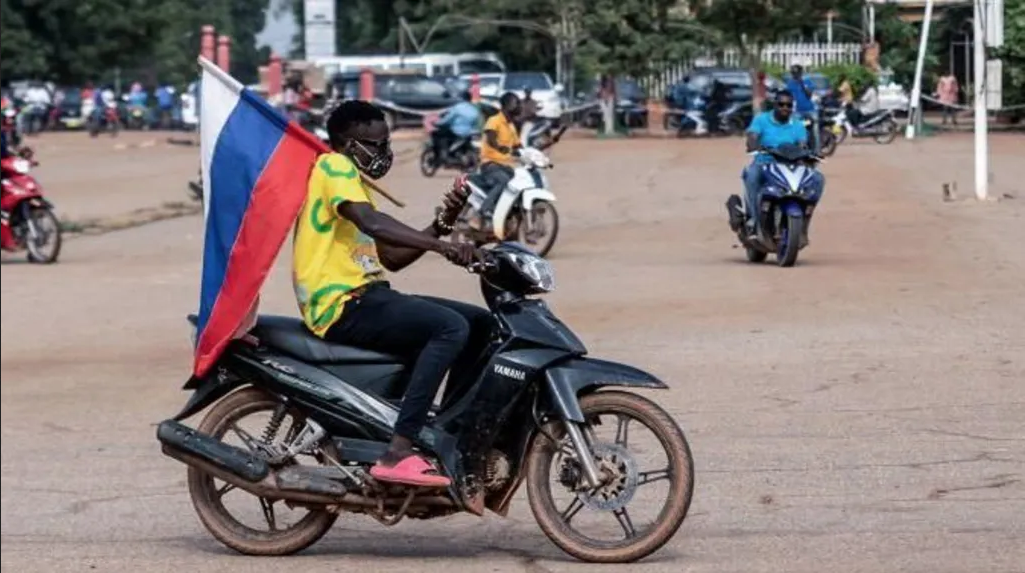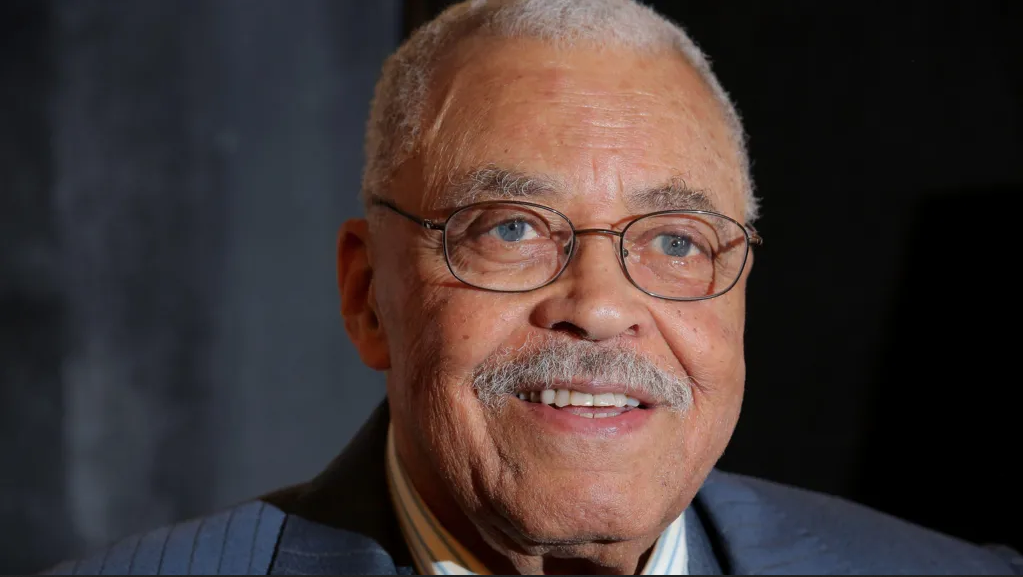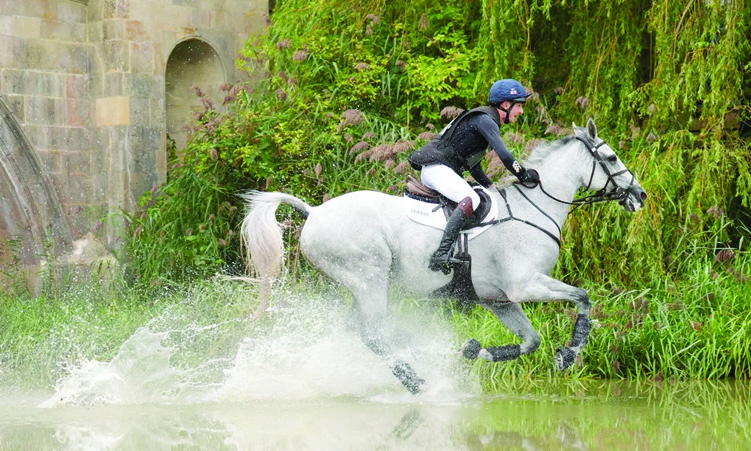EVER wondered what the first ever recorded song in Namibia was? Who the first recording artist was? Or who the first selling artist was? Well, in Namibia it seems that such records are not kept and no institution seems to take responsibility for it.
With the passing of local music legends and those who recently joined the industry, The Weekender had to obtain some information on the artists for reporting purposes. Trying to put an autobiography together about an artist who started the industry and who has been active to the day they passed should not be difficult at all nor should finding information on any artist in the industry, especially regarding their art.
Unfortunately in Namibia, to get such information one literally has to go to either the family or fellow artists to try and get a timeline of the artist’s walk through the industry. The same applies for artists who are only coming up now.
David Ndjavera of the Directorates of Arts told The Weekender that he admits that it is quite necessary for records to be kept of artists, but that in their department, they only deal with the handing out of loans and are strictly concerned with the artists they hand out loans to. He could however not confirm whether they have a set database for all their loan-holding artists.
“We do not deal with all the artists so we do not keep record of all the artists in the country, there is another department that may be able to assist with that,” David explained.
Desiree Mentor, the marketing assistant at the National Theatre of Namibia, said that currently there is no record kept and in light of the visible need thereof, the NTN is working on developing a database that will keep record of all productions done at the NTN. Whether that will help in the archiving and recording Namibian music is still highly questionable.
Some may ask what is the importance of keeping record and archiving Namibian music if those interested can just buy the albums they prefer, but the questions begs what if someone, 50 years from now, wants to study the origin of Namibian music or remake the music? How will we have access to the records?
The late music legend Jackson Kaujeua passed away on 27 May 2010 and when looking for information about him, his discography or a decent biography, the only only online sources that come close are newspaper articles about the late musician. The same goes for the late Pablo Diablo and Catty Catt. With the recent passing of another music legend, Willie Mbuende, international websites had more information to offer than local institutions about the late ‘Barnabas’ singer.
When approached for comment, an official of the Directorate of Arts who did not want to be named, first said that there is no database and then later said that there is some sort of record keeping. Whether it is updated regularly is not clear.
The closest one can get to knowing something about the artists is to visit the National Archives, but only a handful of artists can be found, with little or no luck of finding anything on upcoming artists. The research group Stolen Moments embarked on a project to collect Namibian musical riches in 2010. Much of Namibian music from before independence is difficult to trace and in danger of disappearing altogether and this project aims to preserve this music, cultural identity and heritage.
The Namibian Society of Composers and Authors of Music also only keep record of the work that is registered with their organisation.
The fact is that music in Namibia needs to be recorded and more attention given to archiving the arts, especially for future purposes. And because we are moving towards a digital world, a lot of attention to soft copy digital data and archiving would be advisable for the industry.
Stay informed with The Namibian – your source for credible journalism. Get in-depth reporting and opinions for
only N$85 a month. Invest in journalism, invest in democracy –
Subscribe Now!






